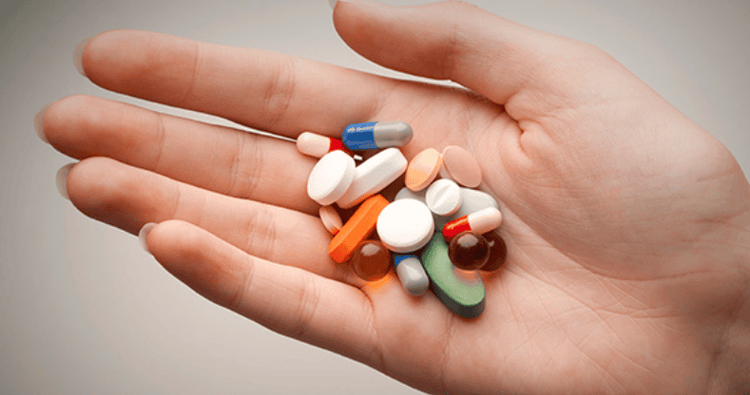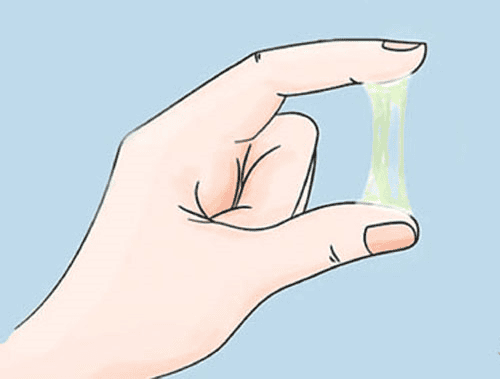If you are prescribed antibiotics while breastfeeding, you may worry about the safety of the medication. Will the medication pass into your breast milk? Is it safe for your baby? If the specific antibiotic prescribed is not safe, are there safer alternatives? All of these questions will be addressed in this article.
1. Can you take antibiotics safely while breastfeeding?
While not all illnesses require antibiotics, some conditions do necessitate their use, including ear or sinus infections, dental procedures, or mastitis.
In most cases, antibiotics remain safe for breastfeeding parents and infants. The American Academy of Pediatrics (AAP) explains that antibiotics are among the most commonly prescribed medications for mothers, and all of them enter breast milk to some degree. Additionally, the AAP notes that if a specific antibiotic is considered safe for direct administration to premature or newborn infants, it is also safe for the breastfeeding parent to use.
2. What does this mean for you and your breastfeeding child?
First, it is important to understand how medications generally work when you are breastfeeding. Most medications present in the bloodstream will also be present in breast milk. However, the concentration of the medication in breast milk is usually lower than in the bloodstream, and most medications pose no real risk to the majority of infants. It is also worth noting that there are exceptions. Therefore, every medication you take — including antibiotics — should be discussed with your pediatrician.
In addition to the medication itself, other factors must be considered, including the infant's age. Exposure to antibiotics poses greater risks to premature infants and newborns, whereas the risk is significantly lower for older infants and toddlers.
If your baby can safely take the antibiotic, it is likely safe for you to take that antibiotic while breastfeeding. If you are considering using an antibiotic that is not deemed safe for infants, you will need to weigh the importance of taking the medication against the decision to continue breastfeeding.

3. Which antibiotics are safe?
This question is often evaluated on a case-by-case basis, depending on the infant's age, weight, and overall health — and always in consultation with the pediatrician and prescribing doctor.
However, some antibiotics are generally considered safe for breastfeeding women, including:
- Penicillins, such as amoxicillin and ampicillin
- Cephalosporins, such as cephalexin (Keflex)
- Fluconazole (Diflucan) — this is not an antibiotic but a commonly used antifungal medication for treating fungal infections
If you are considering taking an antibiotic not listed above, you should consult your child’s pediatrician. It is likely that the antibiotic is safe, or there may be a safe alternative available.
4. What side effects can taking antibiotics while breastfeeding have?
In addition to concerns that antibiotics might harm the infant’s health, there are other issues associated with antibiotic use in breastfeeding mothers.
Antibiotics work by killing bacteria in the body — both the harmful bacteria causing illness and the "good" bacteria that help maintain health. As a result, antibiotics can cause certain discomforts for both the mother and the infant.
4.1. Discomfort and fussiness in infants
Sometimes mothers report that their babies experience abdominal discomfort after the mother takes antibiotics. This may occur because antibiotics can deplete the "good" bacteria in the infant’s intestines. Keep in mind that this effect is usually temporary, harmless, and not a serious concern. Additionally, remember that breast milk greatly benefits your baby’s intestine health, so it is important to continue breastfeeding.
You may consider giving probiotics to your infant to address this issue, but it is essential to consult your child’s healthcare provider before doing so.
4.2. Thrush caused by Candida infection
Occasionally, antibiotics may reduce the number of "good" bacteria in your system. These bacteria help regulate other microorganisms, including harmful bacteria and fungi. One common condition in infants associated with antibiotic use is thrush, a fungal infection often caused by Candida albicans.
Overgrowth of Candida albicans can lead to highly uncomfortable symptoms in both the mother and the infant. Infants may experience abdominal discomfort, diaper rash, and a white coating on the tongue and inside the mouth. Mothers may experience nipple pain (often described as stabbing or "glass in the nipple") as well as red, shiny nipples.
Treatment for thrush typically involves antifungal medications for both the mother and the infant. However, prevention remains crucial. If you are taking antibiotics, you should consider using a probiotic to maintain a balanced and stable intestine microbiota.

5. What should you discuss with your doctor if prescribed antibiotics?
If you are prescribed antibiotics, it is important to first consult your pediatrician about some key issues. Questions you may want to ask include:
- Is this medication safe for my child?
- Are there any side effects my child might experience?
- Should I give my baby probiotics?
- If you are informed that the antibiotic is not safe for your child, do not worry. Your doctor will provide you with better alternatives.
- Ask your doctor if there is an alternative antibiotic that is compatible with breastfeeding.
- Ask if a lower dosage of the antibiotic might be effective.
- Ask how long you will need to take the medication and how long it stays in your body.
6. What happens if you must take a medication that is not safe for breastfeeding?
If you ultimately need to take a medication that is not safe for your baby, do not be overly concerned. Sometimes, taking an antibiotic contraindicated for breastfeeding is crucial for your own health, and you should not feel guilty if you are in this situation. Your baby needs a healthy mother more than anything else, so do what you need to do to stay well.
If you cannot breastfeed while taking the antibiotic, ensure that you pump and discard your milk regularly to maintain your milk supply. And, of course, make sure your baby is fed using alternative methods during this time. You will be able to resume breastfeeding once the antibiotic has cleared from your body.
Infants aged 6 months to 3 years are particularly susceptible to respiratory system issues, respiratory infections, skin conditions, and gastrointestinal infections...Parents should pay close attention to care and ensure their child receives adequate nutrition during this critical period.
Reference sources: healthline.com, babycenter.com
To arrange an appointment, please call HOTLINE or make your reservation directly HERE. You may also download the MyVinmec app to schedule appointments faster and manage your reservations more conveniently.








